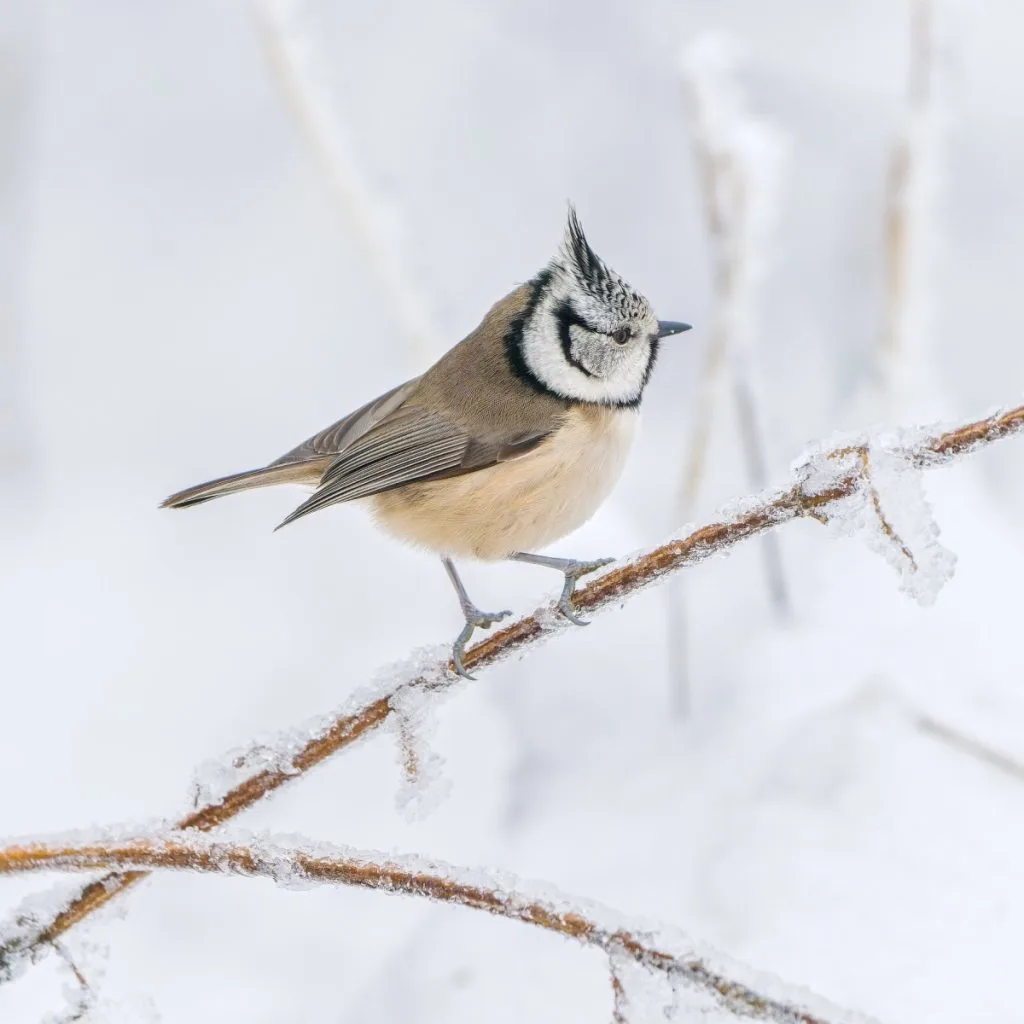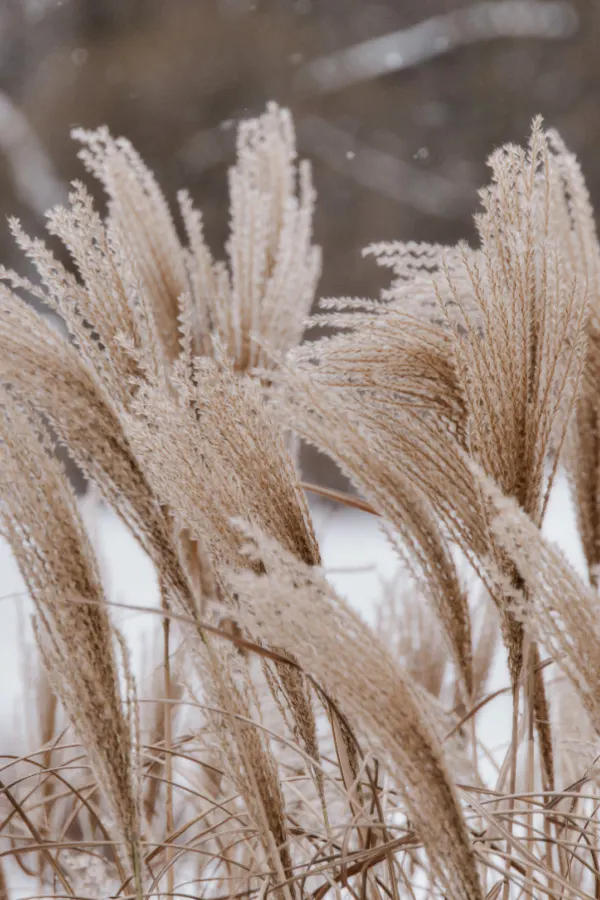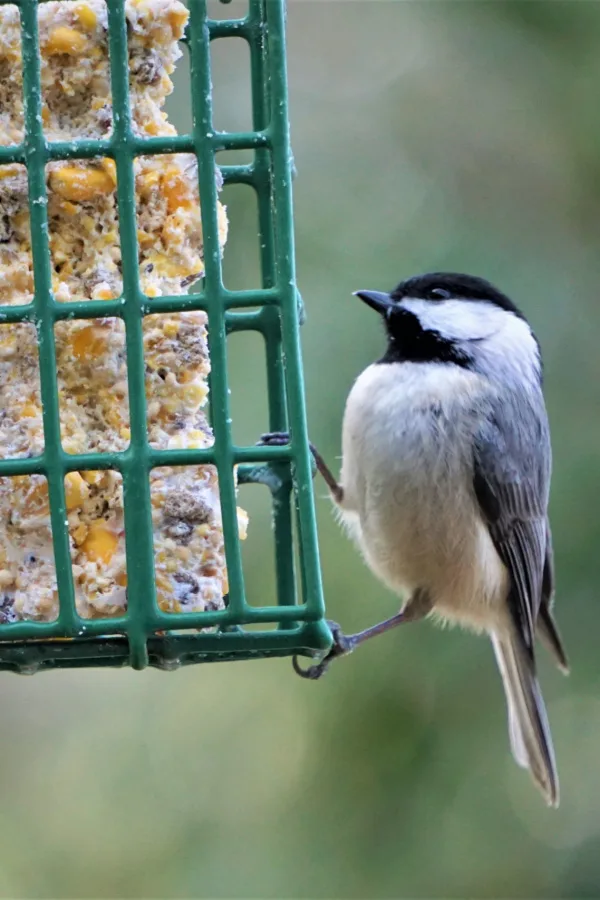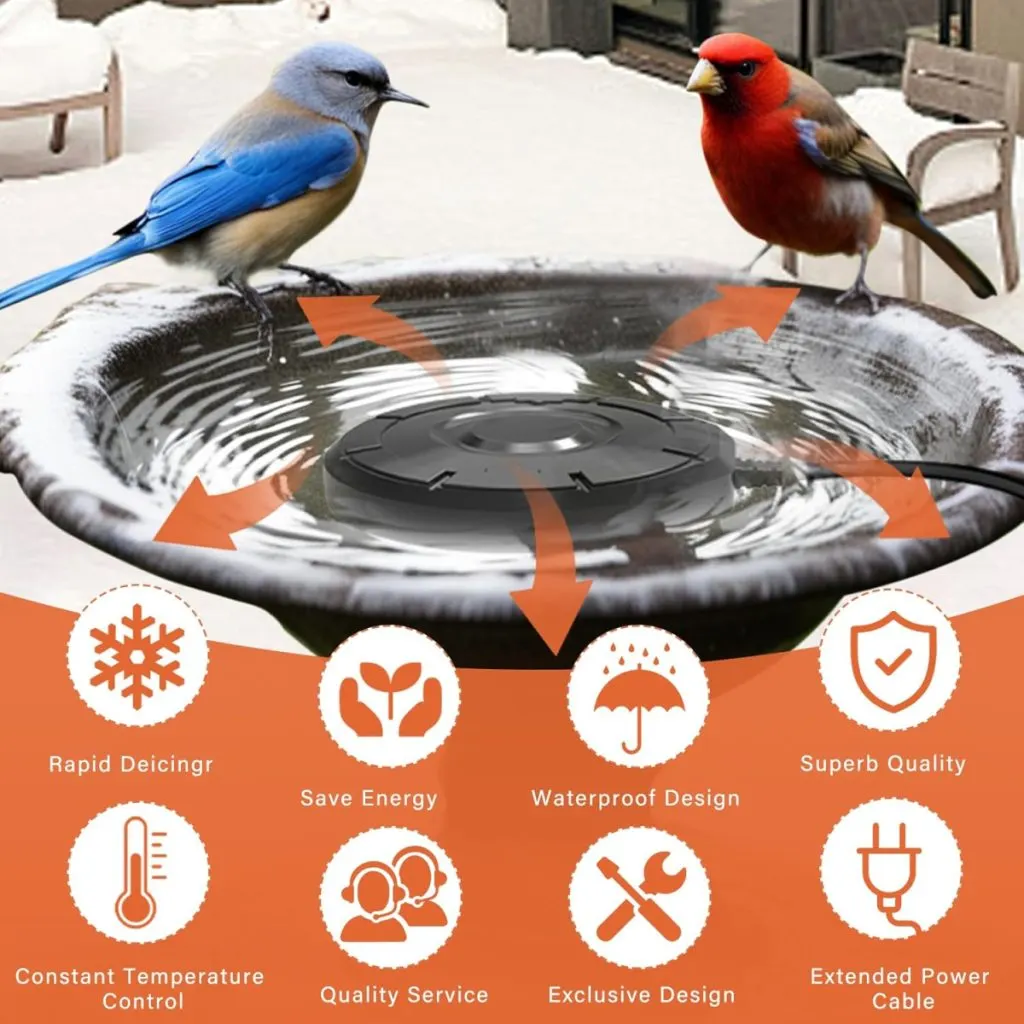Looking for a few ways to help the overwintering birds outside of your home survive the long, dark, and sometimes frigid and snowy winter?
As winter approaches, many of us prepare for the colder months by layering on extra clothes, turning up the heat, and getting ready to hunker down indoors. But for the birds that overwinter in colder climates, surviving the winter can be quite difficult.
As temperatures drop and food sources become scarce, birds face numerous challenges just to make it through each day. Unfortunately, many simply don’t survive. In fact, many researchers believe the number of overwintering birds that perish each year to be in the millions!

The good news is that we can play a crucial role in helping birds weather the winter season. And all by doing just a few simple but key things that can all but ensure their survival. With that in mind – here is a look at 3 big secrets to lend a helping hand to birds this winter!
3 Big Things You Can Do to Help Birds Survive Winter
1. Leave Ornamental Grasses Up For Shelter From Wind, Cold & Predators
Believe it or not, one of the easiest things you can do to help birds is to not do a common fall chore. And that chore? Not cutting back ornamental grasses and other large perennials!
Although it can be tempting to tidy up the garden in late fall by cutting back ornamental grasses and perennials, leaving them up through the winter can be a life-saving choice for birds. Ornamental grasses, in particular, provide essential protection for birds during harsh weather.
These tall, sturdy plants create natural windbreaks, helping shield small birds from ice, wind, snow and cold rain. All conditions that can sap their energy and lower their body temperature.
Grasses like switch grass, maiden grass and feather reed grass have tall, arching stems that remain standing even after heavy snowfalls, providing a haven for birds. They are perfect for acting as a wind barrier. And the dense foliage offers protection from snow and frost, allowing birds to find shelter and conserve heat.

Additionally, the thick stems and seed heads serve as a hiding place from predators such as hawks and cats. And last but not least, the seed heads themselves can be a valuable food source. Seed eating birds like sparrows, chickadees and finches all love the seed heads of grasses.
2. Feed Birds Consistently With High-Energy Foods – 3 Simple Ways You Can Help Birds Survive Winter
Without a doubt, one of the best ways to support birds in the winter is to feed them. But it’s important to understand the specific needs of birds during the colder months and provide them with what they need most.
Birds burn more calories in winter to stay warm, so they require food sources that are high in fat to sustain them. By offering nutrient-rich foods, you can help birds maintain their body temperature, fend off the cold, and keep up their energy levels.
Here are some of the best foods to include in your feeder this fall and winter to provide higher calories and fat:
Best Bird Feeds For Winter
- Black oil sunflower seeds: These are a favorite among many bird species because they’re packed with fat and protein, and their thin shells make them easy to crack open, even for smaller birds. Affiliate Link: Black Oil Sunflower Bird Seed, 20-Pound Bag
- Suet cakes: Suet is a fantastic high-energy food that’s particularly beneficial for insect-eating birds like woodpeckers, nuthatches, and wrens. You can purchase ready-made suet cakes or make your own by combining rendered beef fat with seeds, nuts, and dried fruit. Affiliate Link: Suet Plus Variety Suet Cake 6 Pack of Suet Cakes for Wild Birds

- Peanuts: Shelled or unshelled, peanuts provide a good source of fat and protein. Be sure to avoid salted or flavored varieties, which can be harmful to birds.
- Nyjer (thistle) seed: This tiny black seed is a favorite of finches and other small songbirds. It’s best offered in a specialized feeder with small holes to prevent it from spilling.
- Mealworms: While mealworms might seem like an unusual choice, they’re an excellent source of protein and fat. Birds like bluebirds, robins, and wrens will appreciate a treat of dried or live mealworms on especially cold days.
Consistency is key when feeding birds in winter. Once birds discover your feeders, they may begin to rely on them as a food source. Abruptly stopping can leave them in the lurch, especially if other food sources are scarce.
If you are looking for more information on how to help the birds in your landscape survive the winter, then you need to check out our article: How To Make Bird Suet – The Perfect Recipe To Feed Birds In The Winter!
Regularly check and refill your feeders, especially after snowstorms that can cover natural food sources. See our article: The Best Bird Feeders To Use In Winter – How To Feed Birds Better When It’s Cold!
Listen In To Our Garden Podcast Below!

3. Provide A Fresh Supply of Water – 3 Simple Ways You Can Help Birds Survive Winter
One of the most overlooked but crucial needs for birds in winter is access to fresh water. Many people assume that birds can simply eat snow to meet their water needs. Unfortunately, melting snow uses up precious energy that birds can’t afford to spare in cold weather.
Additionally, many natural water sources freeze over, leaving birds with limited options for hydration. And this is exactly where providing a constant source of unfrozen water is vital to their survival!
By offering a heated bird bath or putting a heating ring in an existing bird bath, you can provide birds with a consistent source of unfrozen water. Heated bird baths are designed to keep water from freezing even in sub-zero temperatures, allowing birds to drink and bathe without expending extra energy.
Bathing is particularly important for birds in winter because clean feathers insulate better than dirty ones, helping them stay warm. Heating rings are great to use where you already have a water source but just need to keep it from freezing over. Affiliate Product Link: Bird Bath Heater,Birdbaths De-Icer
When selecting a heated bird bath, look for models that are thermostatically controlled to prevent overheating. It’s also a good idea to choose one with a non-slip surface to keep birds safe. Be sure to regularly clean the bird bath to prevent the buildup of algae, dirt, or debris, which can make birds sick. If you are looking to attract cardinals in particular, be sure to check out Feeding Cardinals In The Winter – How To Attract Redbirds & Help Them Survive!
Here is to doing your part to help birds survive winter!
Simple Garden Life
Follow Our Facebook Page For Even More Great Tips! Simple Garden Life Facebook Page
Simple Garden Life is a website dedicated to keeping gardening fun, simple and enjoyable! We publish two new articles each week along with a new garden podcast episode every two weeks. This article may contain affiliate links.

